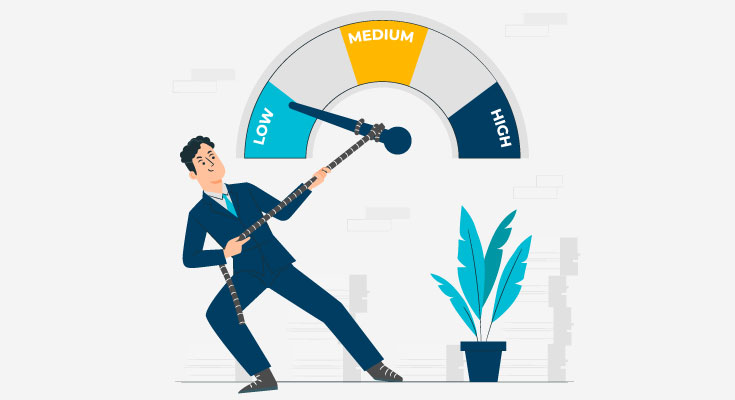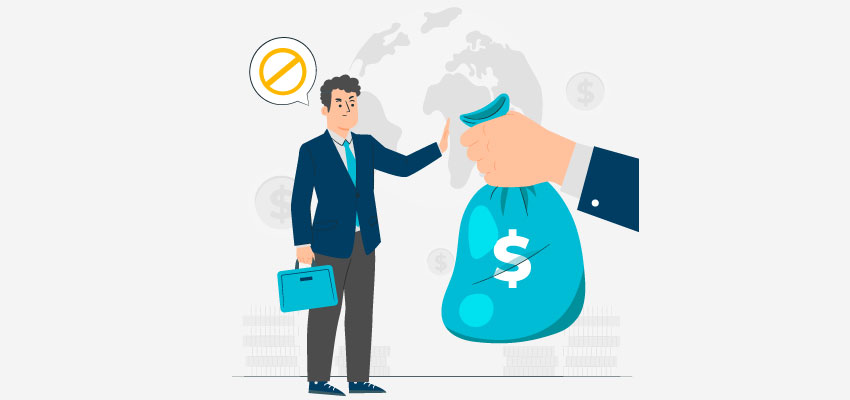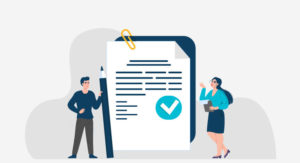DAC7 Compliance

The COVID-19 pandemic boosted the digital commerce space like never before. The gig economy also saw a boost as companies all over the world looked towards remote workers. The gig economy has always been outside the traditional norms of business. Allowing delivery drivers, vacation property owners, and similar businesses to avoid paying taxes on these transactions.
Due to this, the IRS made new rules for gig economy tax evaders. IRS has made it compulsory to provide reports of income generated from on-demand services and goods and digital platforms.
The EU has also had the same legislation in the works for a long time. If you’re a digital platform owner in the EU or if you have sellers on your platform from the EU, you should be aware of the DAC7 directive.
Let’s dive a bit deeper into DAC7 and what it means for EU businesses.
What is DAC7?
In March 2021, the European Council released the DAC7 directive. DAC7 aims to extend the scope of existing tax transparency laws for digital platforms. The directive requires platform owners to collect and report personal and business information on income realized by sellers using their platforms for commercial services.
The goal of the directive is to ensure that all taxes (income tax & value-added tax) are reported and assessed. The gig economy and sharing economy have been evading tax. DAC went into effect on January 1, 2023. It applies to everything from ride-sharing, food delivery apps, online jobs, and other digital marketplaces.
Even businesses in traditional industries may come under the scope of DAC7. That is, if they connect third-party sellers and users through their website for commercial activities.
Payment processing platforms such as PayPal, Venmo, and Stripe that allow users to only advertise goods or services and platforms that redirect or transfer users to another platform don’t have to comply with DAC7.
Businesses that Have to Comply with DAC7
DAC7 applies to digital platform operations incorporated or managed in the EU. It also applies to tax residents in the EU who engage in commercial activities that don’t fall under general tax rules.
Digital platform owners/operators located outside the EU who host sellers who are EU residents or facilitate the rental of property in the EU have to comply with DAC7 as well.
Here’s a complete list of those who have to comply with DAC7:
| Business Types | Examples |
|---|---|
| Sales of Goods | Second-hand items Collectibles Real estate |
| Rental of Immovable Property | Co-working spaces Parking spaces Vacation homes |
| Delivery or Performance of Personal Service | Paid live streaming Food delivery services Ride-hailing |
| Rental or Any Mode of Transport | Scooters Cars Bicycles |
Whose Information Has to Be Reported?
Under the DAC7 directive, any platform that hosts EU resident sellers who conduct business on the platform has to report the seller’s information. Businesses must also report information about non-EU residents who rent immovable property.
On the other hand, government and publicly traded entities are exempt from complying with DAC7. Casual sellers that have less than 30 sales whose amount equates to less than 2,000 euros. Smaller hotel chains and tour operators that have conducted less than 2,000 transactions in a reporting period are also exempt.
What Information Has to be Reported?
If you’re a digital platform operator, you’re obligated to start identifying and collecting specific information from sellers on your platform as of January 1, 2023:
- Seller’s identity – full name/legal name, primary address, DOB
- EU member state of residence
- Financial account information
- Tax identification number
- VAT/Business registration number (for entities)
- Consideration is paid or credited per quarter, along with any fees, commissions, or taxes withheld by the reporting platform operator.
If you’re operating a platform that deals with immovable rental property, you’re required to report additional information, including:
- Address and land registration number of each property listing.
- Total number of days a property was rented.
- The total amount paid in the reporting period.
- Any fees, commissions, or taxes withheld or charged by the platform in the reporting period.
You, as a business, have to inform the seller in advance that their information will be collected and reported. If the seller doesn’t share their data, you, as a business, are obligated to send 2 reminders. If the seller fails to provide the data for 60 days, the business has to remove the seller from the platform and close the account.
How to Comply With DAC7 Reporting Obligations?
Businesses can comply with DAC7 reporting obligations by submitting all their EU seller information in one member state. If you’re a registered business in the EU, you’ll have to submit your information in the state in which you’re registered.
As a business, you have to submit your reportable information no later than January 31 of the year following the calendar year in which you identify a reportable seller. The final deadline for the reporting period is January 31, 2024.
Once the information is submitted, the member states’ tax authorities will distribute the information among themselves. EU member states are required to exchange information within 2 months of reporting.
You can submit the information yourself or find a service provider to do that for you.
How to Prepare Your Business for DAC7?
If you’re a business operating in the EU, there are some steps you need to take to prepare your business for DAC7. It’s all about how you collect data and how you report the entire process. Here are some initial questions to answer as reporting requirement dates come closer:
- Does your business already collect all the data you need from the sellers for reporting? If not, what should you do to collect data? Process and systems-wise, to collect the data?
- Do you need to make any changes to the terms and conditions or posted consent policies to facilitate data collection from sellers?
- Which steps do you need to take to keep the collected data safe from hackers and data breaches?
- Which systems and processes do you need to upgrade or implement to validate the seller’s information before reporting?
- Is your business subject to other regulations or laws that require you to collect similar information and have similar reporting requirements?
How DIRO Can Help
DIRO document verification can help businesses comply with the EU’s DAC7 directive.
Our online document verification solution can help you verify businesses and onboard them quickly. You can collect and verify a business’s bank account information, address, incorporation documents, and other valuable data.
DIRO verifies documents directly from the issuing source, eliminating the use of fake and stolen documents.













